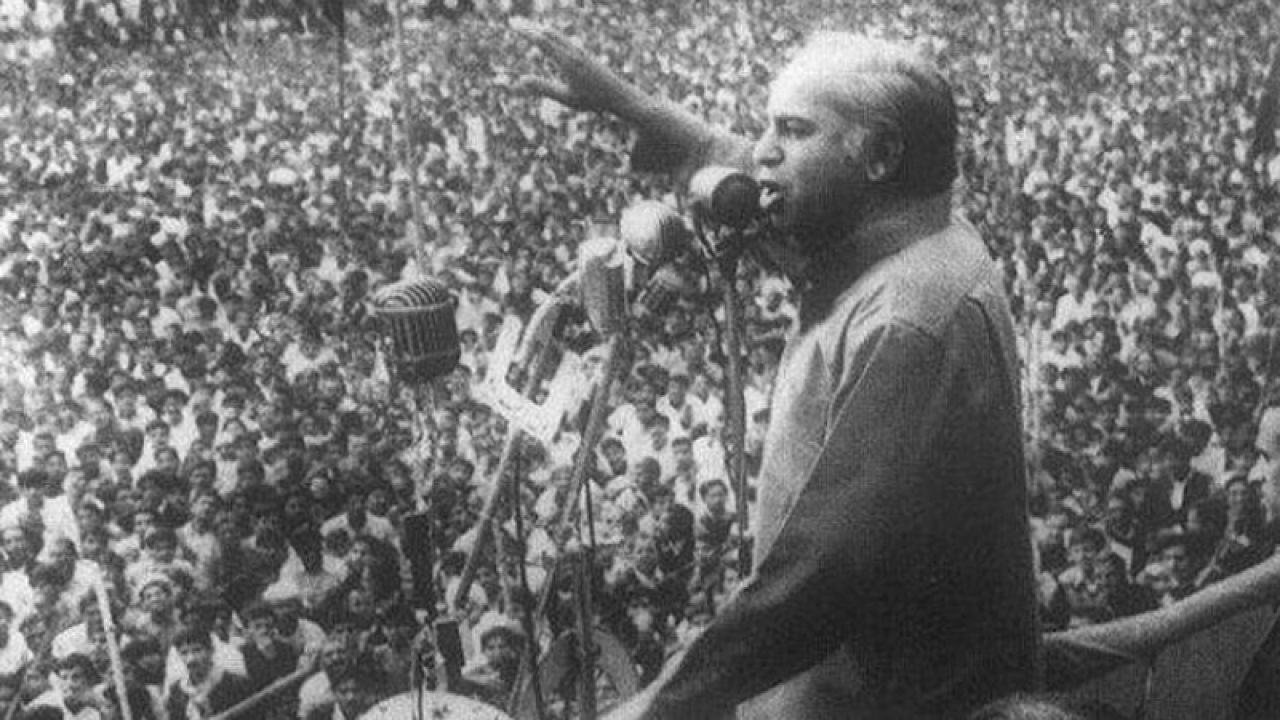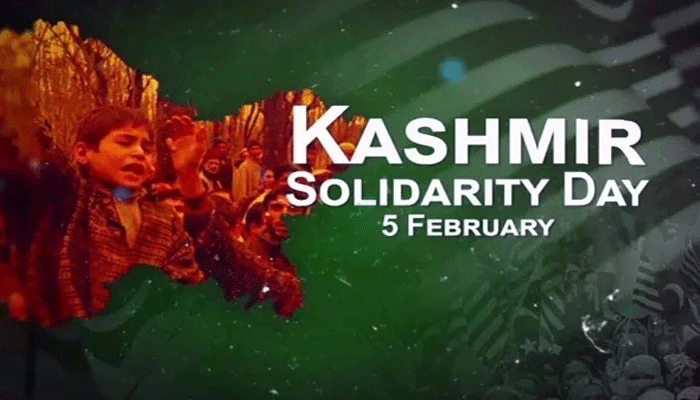ISLAMABAD (PNP Special): Zulfikar Ali Bhutto, Pakistan’s then-Foreign Minister, had played a crucial role in shaping the country’s diplomatic strategy during the 1965 war, a significant incident in the history of Pakistan and India. In the war, Pakistan came in to a direct confrontation with India, a country with three times more military power and weapons than its own, and it became very much clear to the international community that Pakistan’s army was superior in military ability and defense skills, as well as in faith and patriotism.
This historic war was fought on the borders of West Pakistan with India and on the coast of the Arabian Sea as well as in the airspace. The war marked a vital milestone in Pakistan’s emergence as a regional power and demonstrated its ability to defend itself against external aggression.
His efforts were instrumental in securing international support, building alliances, and mitigating the consequences of the war. At the time of war, Bhutto was well-aware that India’s strategy was shaped by several factors, including its military doctrine, political objectives, and diplomatic considerations, as New Delhi sought to demonstrate its military capabilities and increase influence in the region.
As part of military doctrine, India adopted a defensive approach with a strategy of “defence in depth,” using multiple layers of defense to wear down the Pakistani forces. However, on diplomatic front, the top priority of India was to isolate Pakistan internationally.
Bhutto, with the support of various diplomatic corps, including ambassadors and envoys, worked tirelessly to build support and secure alliances. His diplomatic successes helped to mitigate the consequences and establish a foundation for future negotiations.
Bhutto’s Diplomatic Strategy
1. Active Engagement: Bhutto actively engaged with the international community, including the United Nations, to build support and secure condemnation of India’s actions.
2. Islamic Bloc: He leveraged Pakistan’s relationships with Islamic countries, securing support and assistance from nations like Turkey, Iran, and Indonesia.
3. Non-Aligned Movement: Bhutto engaged with the Non-Aligned Movement, a group of neutral nations, to build support and secure backing from key members like Egypt and Algeria.
4. Soviet Union: He maintained a delicate balance with the Soviet Union, securing support while avoiding antagonizing the United States.
5. Countering Indian strategy: He was aware that India is engaging in various diplomatic efforts to isolate Pakistan internationally, securing support from the Soviet Union and other nations. He sought to highlight Indian aggression and emphasize on Pakistan’s commitment to peace.
Key Achievements
1. UN Security Council Resolutions: Bhutto secured key resolutions in the United Nations, including Resolution 211 and 214, which called for a ceasefire and withdrawal of forces.
2. International Pressure: His diplomatic efforts led to significant international pressure on India, contributing to the eventual ceasefire.
3. War Relief: Bhutto secured significant economic and military aid from international partners, helping to offset the costs of the war.
4. Tashkent Agreement: His efforts laid the groundwork for the Tashkent Agreement, which officially ended hostilities and established a framework for future negotiations.
While the war was a significant challenge for Pakistan, its military and diplomatic efforts ultimately succeeded in defending its sovereignty and territorial integrity. In this regard, Bhutto’s diplomatic efforts during the 1965 war were instrumental in shaping Pakistan’s response to the conflict. His ability to engage with diverse international partners, build alliances, and secure support was crucial in mitigating the consequences of the war. Bhutto’s diplomatic strategy and achievements continue to serve as a valuable lesson for Pakistan’s diplomatic corps, demonstrating the importance of effective diplomacy in times of crisis.
Even after the 6th September war, Bhutto’s diplomatic career was marked by significant achievements, and he is remembered as one of Pakistan’s most influential leaders. His focus on foreign policy and his ability to engage with diverse international partners continue to inspire Pakistani diplomats today.
~ SABAH UDDIN QAZI



